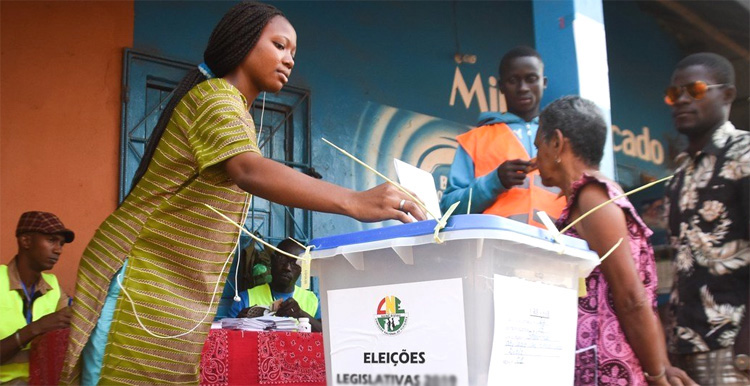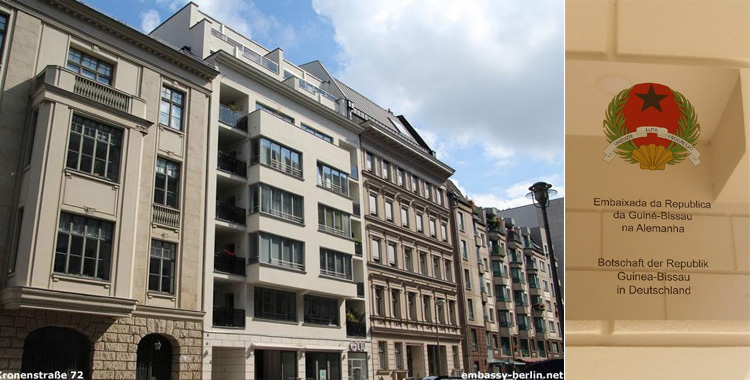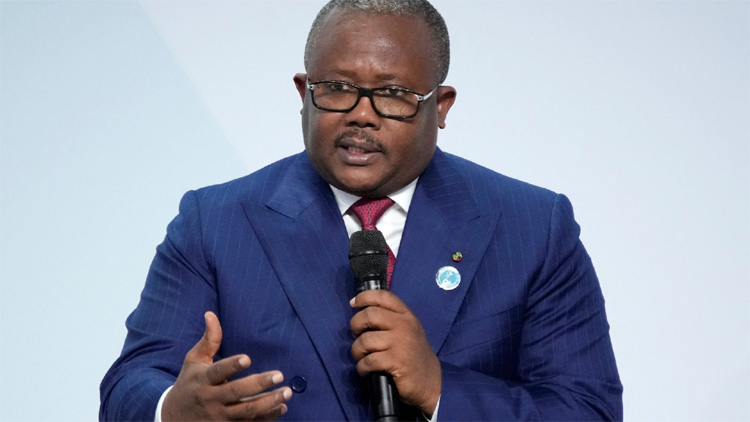Parliamentary elections in Guinea Bissau were recently held last Sunday. According to EU observers, the election was carried out without any difficulties, considering the incumbent president – Umaro Sissoco Embalo, had been plagued with controversy due to the previous coup in the crisis-ridden country. In Germany as well, the incumbent government was also seen as controversial.

In particular, the governing Prime Minister Nuno Gomes Nabiam, who belongs to the fourth largest party, the APU, was briefly president himself in 2021. Most importantly, his government was not recognized in ECOWAC, the West African Community.

As a result of the said controversy, the Federal Foreign Office in Berlin made the decision not to recognize the Embassy of the Republic of Guinea Bissau and to describe it as closed.

Now, after almost two years, the Embassy, which is located at Kronenstrasse 72 10117, in Berlin, appears to have regained its legitimate status. Guinea Bissau citizens in Germany will now be able to apply for Identification cards once again or to regulate other consular matters. Additionally, German citizens can now also apply for their visas for the trips to Guinea Bissau through Berlin again.

The Parliamentary results have been available since Tuesday afternoon. According to confirmed counts, the independence party PAIGC, which was previously in government before the 2020 presidential election, won by a wide margin. Yet, it will be dependent on forming a legitimate coalition with other parties.

A coalition with the second strongest party MADEM G15 seems impossible due to their opposing political views. Thus, a coalition involving PRS, the third party, seems more logical.

